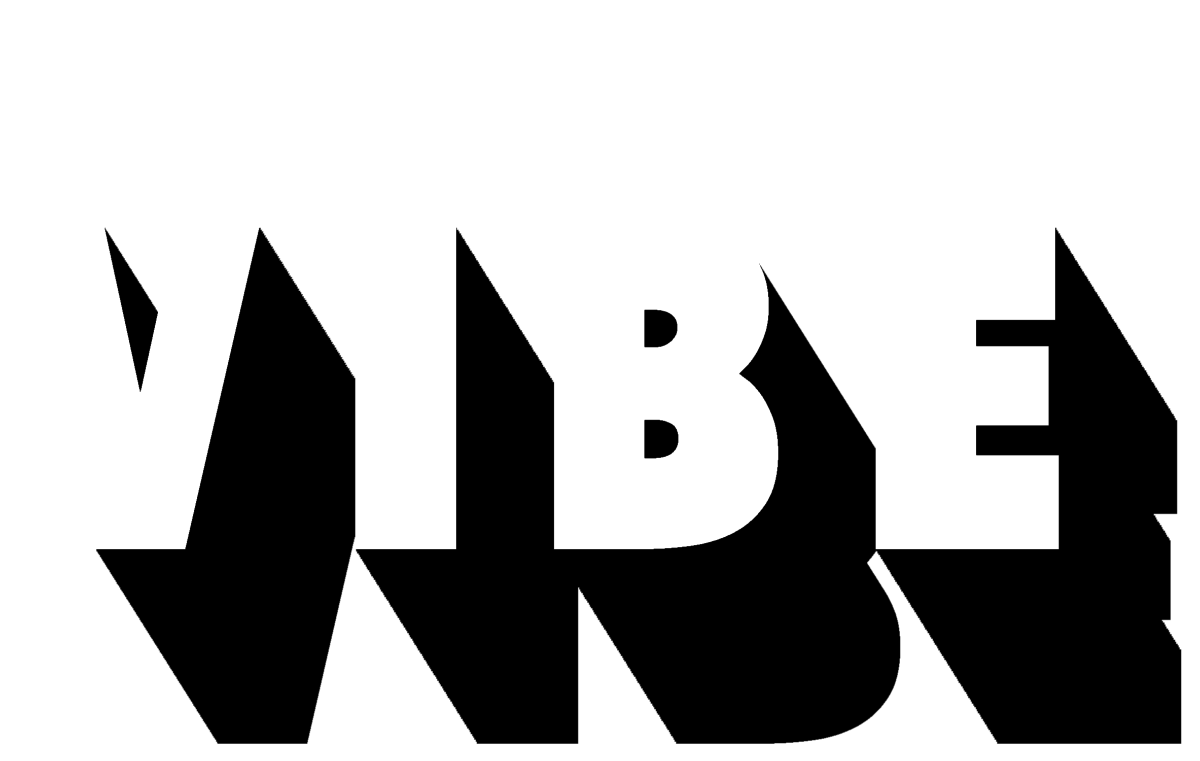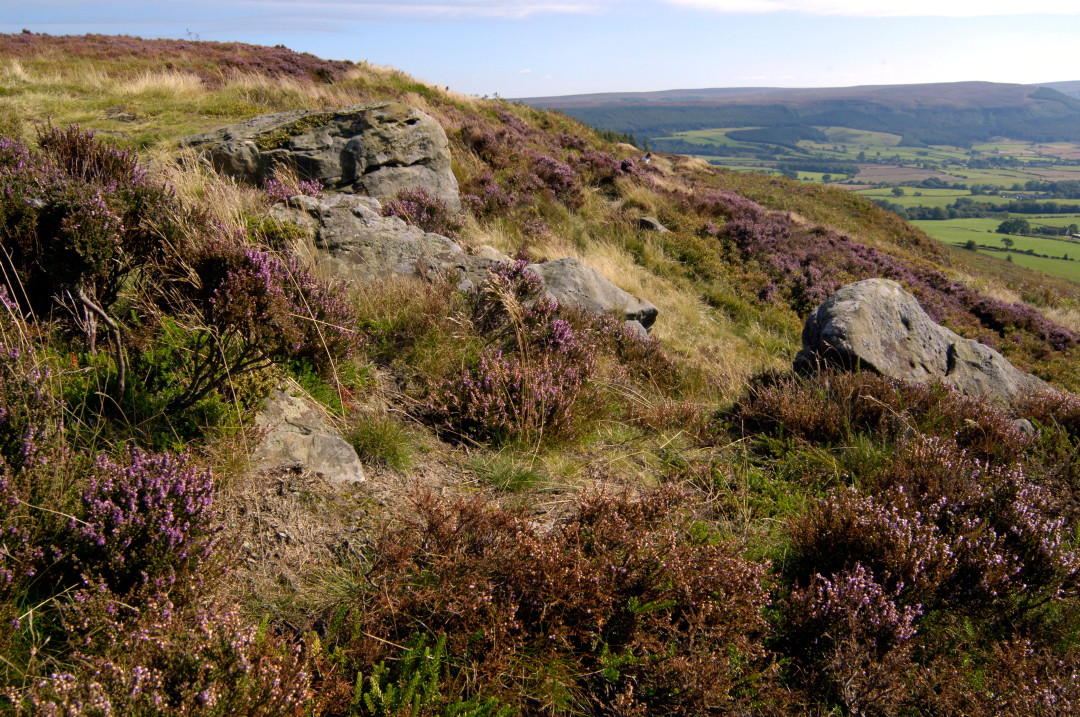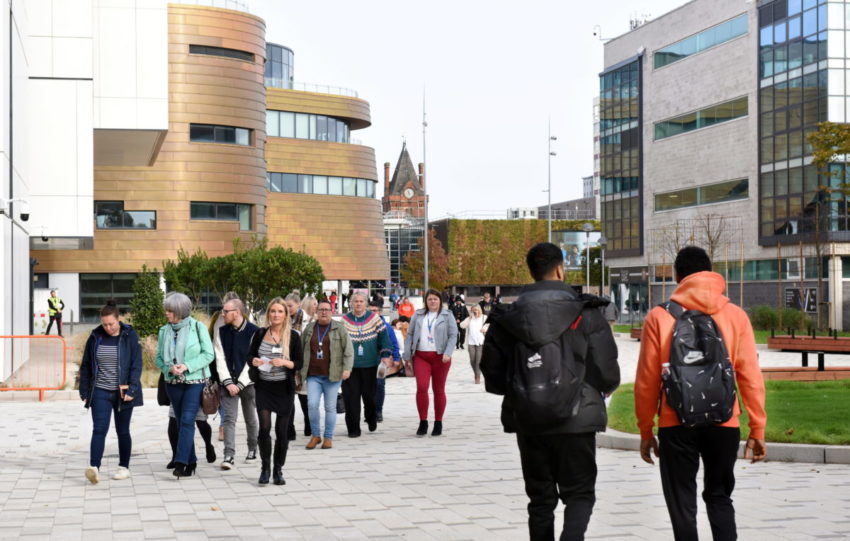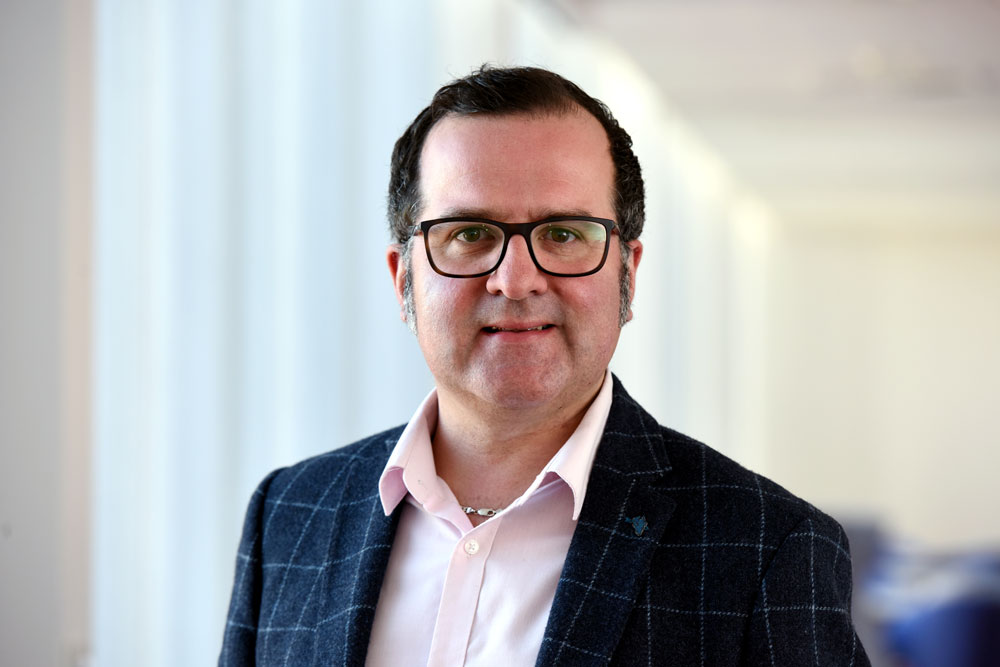I’m Danielle, a mature student who started the foundation year in September 2021. I originally started an access to science course but had to leave due to a significant life event, involving treatment and major surgery in 2020. I decided to return to university and found that the foundation year replaced this course. I really enjoyed it and felt well-prepared for my degree, achieving better grades than expected.
Read on as I explore climate anxiety in everyday life.
We’re all exposed to misinformation, conspiracy theories and social media ‘experts’ in everyday life. As science students, we’re taught where to look for reliable information, how to make informed decisions, what to trust, who to ask if we’re unsure, and the facts behind issues and claims. We hear of what’s being done to tackle environmental problems and how people across the world are fostering positive change. This can pose a problem for our youngest and oldest family members; I have experienced this first-hand, and feel a sense of responsibility to address it.
Children and teenagers can feel overwhelmed by environmental issues we’re facing – whether the world is doing enough and whether we have time to make a difference. Climate anxiety can add to worries they already face, in a digital age that is constantly connected and information-overloaded.
At the other end of the spectrum, our older generation can face a similar problem. They can take the information they see online or hear from a friend as gospel and may lack the digital skills to pick out fact from fiction. This may lead to them feeling indifferent about these issues because, in their eyes, it’s too late for them to make an impact.
This is where the generations in between can play a vital role. Although there are vast differences between the oldest and youngest in our families, family members who are students and scientists can have a positive influence.
During my degree so far, I have helped a young family member focus on the positives by sharing websites promoting positive projects, and case studies I’ve learned from modules, in an age-appropriate way. I’ve also dropped positive news bites about people making a real difference to the climate emergency, trying to find a balance between realism and optimism.
I’ve also managed to change an older relative’s views on London’s Ultra Low Emissions Zone (ULEZ) and hydrogen gas as an alternative fuel for our homes. As a retired engineer, he only had information from social media and word of mouth, and misinformation had influenced his opinion. Using what I’d learned in the Energy Systems and Renewable Energy modules, I managed to change his opinion by explaining why ULEZ is needed to protect the vulnerable who suffer from air pollution, and that it’s not another money-making scheme. We also talked about when homes were moved from ‘town gas’ to natural gas, and the benefits that it’s safer and cleaner. We compared it to a possible future move to hydrogen rather than natural gas.
We want our youngest and oldest to have reliable and correct information so they can filter out alarmists and sensationalists. Both ages can make a difference in their own way. Discussing issues in a gentle, truthful and informed way, while not being dismissive or condescending is a great way to debunk misinformation and actually make a difference in our family lives.
By Danielle Day, BSc (Hons) Environmental Science student.




